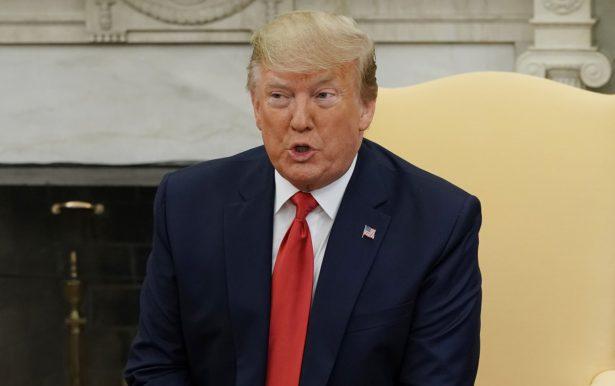China has once again failed to meet its end of the bargain, stymieing the ongoing trade talks with the United States.
U.S. President Donald Trump wrote on his Twitter on July 11 that China is “letting us down” by not promptly buying more American farm goods as had been promised.





